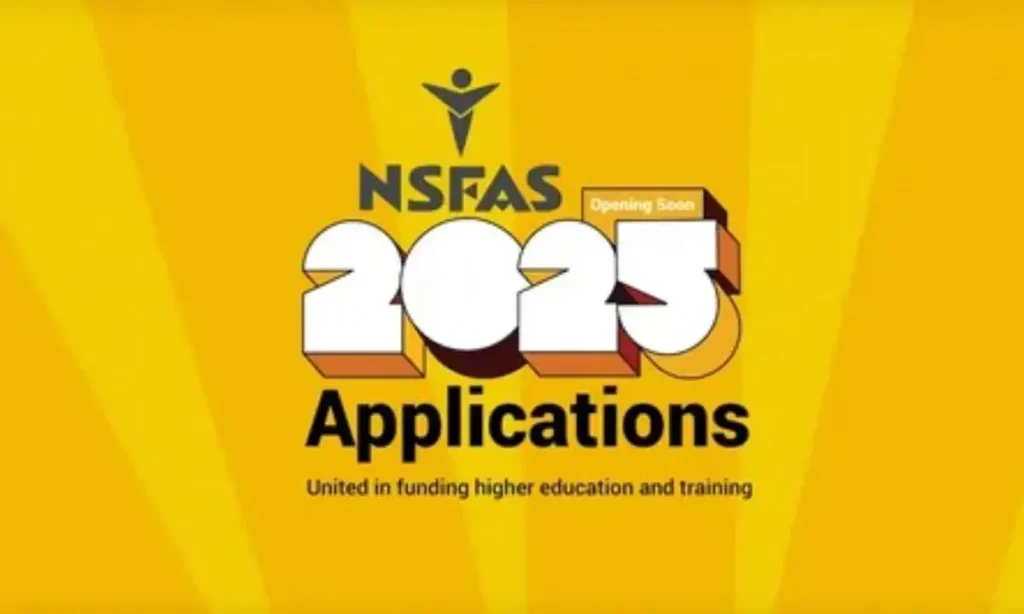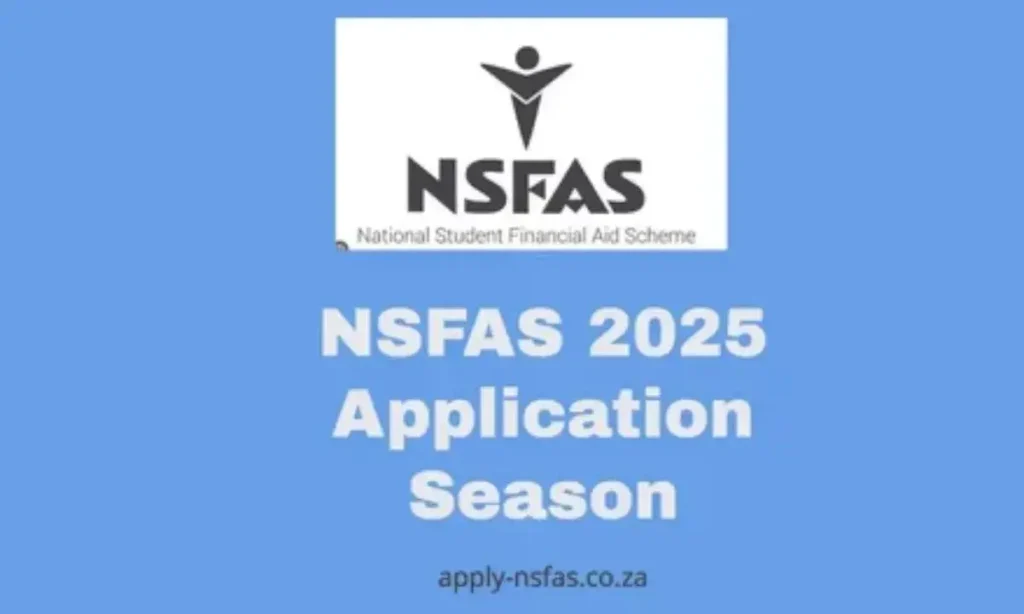The National Student Financial Aid Scheme (NSFAS) is a lifeline for thousands of South African students who want to study at a public university or TVET college but cannot afford the costs. If you’ve applied for NSFAS funding, you’ve probably seen different application status messages on the MyNSFAS portal. These statuses can be confusing, especially when you’re waiting for confirmation about whether you’ll receive funding or not.
One of the most common questions students ask is: What does “Provisionally Funded” mean on NSFAS? This article breaks down that status along with every other NSFAS application status so you know exactly what each step means, what you should do next, and how to avoid delays.
Table of Contents
What Does Provisionally Funded Mean in NSFAS?
When your NSFAS status shows Provisionally Funded, it means your application has passed the main funding checks but is not yet final. NSFAS has confirmed that you meet the financial and academic requirements, but they still need additional verification before disbursing funds.
Provisionally funded students must:
- Wait for their institution to confirm registration
- Ensure all documents (ID, proof of income, admission letter) are valid and uploaded correctly
- Meet academic requirements (NSC results or continued satisfactory progress if already studying)
Important: Being provisionally funded does not guarantee final funding. It simply means you’re on track, pending verification. Once registration is confirmed, your status should change to Approved/Funded and allowances will be processed.
NSFAS Status Meanings Explained

Application Submitted
This status confirms NSFAS has received your application through the MyNSFAS portal. At this stage:
- Your documents are stored but not yet reviewed
- You’ll need to wait until NSFAS moves your application to Filtering
- No action is required, but double-check your submission for completeness
Filtering
During filtering, NSFAS runs a basic check of your details. They look for:
- Duplicate applications
- Age eligibility (students must generally be under 35)
- Basic document validity
If you fail filtering, your application may be rejected early. If you pass, it goes to Evaluation.
Evaluation
Evaluation is where NSFAS takes a closer look at your application. They verify:
- Household income against the official threshold (R350,000 per year or R600,000 for students with disabilities)
- Citizenship and identity details with the Department of Home Affairs
- Academic performance to ensure you meet entry requirements
Delays often happen here because NSFAS relies on external databases.
Funding Eligibility
This status shows NSFAS has checked your financial and academic eligibility. If you qualify, your application moves forward. If you don’t, it may switch to Rejected/Not Funded.
Awaiting Academic Results / Admission
Even if you qualify financially, NSFAS waits to confirm that you:
- Have been admitted to a university or TVET college
- Achieved the necessary academic results (for example, your National Senior Certificate)
If you fail to get admission, your funding cannot continue.
Application in Progress
This is a holding status that means your application is being processed internally. Sometimes it stays here longer due to system delays. You don’t need to panic; just keep checking for updates.
Awaiting Registration
Once you’ve been accepted at an institution, NSFAS waits for the university or college to confirm your registration.
- No allowances can be released until registration data is received
- Institutions send this data in bulk to NSFAS
Awaiting Application Data
This means NSFAS is waiting for supporting data—either from your institution or another government department. For example:
- SASSA verification for grant recipients
- Department of Home Affairs checks
- Income verification from SARS
Awaiting Evaluation
This is slightly different from Evaluation. It usually means NSFAS is doing further checks because something was unclear in your documents.
Loan in Progress
NSFAS bursaries sometimes involve a loan component (depending on policy changes). When this appears:
- NSFAS is preparing or reviewing a loan agreement
- You may need to sign documents electronically
N+2 Rule NSFAS Meaning
The N+2 Rule is a strict academic rule applied by NSFAS.
- N = the minimum number of years required to complete your qualification
- +2 = the extra years NSFAS may fund if you fail or take longer
Example: If your degree takes 3 years (N=3), NSFAS can fund you for a maximum of 5 years (N+2).
If you exceed this, you’ll lose NSFAS funding unless you appeal under exceptional circumstances.
Approved / Funded
This is the best outcome—your application is officially approved. It means:
- NSFAS has confirmed registration with your institution
- Allowances for food, transport, accommodation, and study materials will be disbursed
- You’re fully covered for tuition and registration fees
Rejected / Not Funded
This status can be frustrating. Applications are usually rejected because:
- Household income is above the threshold
- Missing or invalid documents
- Academic results did not meet requirements
- Application submitted late
The good news is that you can appeal a rejection.
What to Do if Your NSFAS Status Is Rejected
If you see Not Funded on your portal:
- Read the rejection reason carefully—this helps you prepare for an appeal
- Submit an appeal online via the MyNSFAS portal
- Provide supporting documents:
- Corrected proof of income
- Updated academic results
- Affidavits in case of missing parental details
Appeal deadlines are strict, so don’t delay. Late appeals are rarely accepted.
Why Is My NSFAS Status Stuck at Evaluation?
Many students complain their status is stuck at Evaluation for weeks. Common reasons include:
- NSFAS waiting for income verification from SARS
- Delays in Home Affairs identity checks
- Missing or unclear documents
What you can do: Log in regularly to check for document requests and contact NSFAS through their helpline or email if delays persist.
What Happens After Registered Status?
Once your status changes to Registered:
- NSFAS confirms with your institution that you’re officially enrolled
- Funds are allocated to cover tuition fees directly with the university/TVET
- Allowances (food, accommodation, transport, and learning materials) are scheduled for disbursement
Most students start receiving allowances within 4–6 weeks of registration.
Practical Tips for Tracking NSFAS Status
- Use the official NSFAS website or MyNSFAS portal
- Check your status at least once a week
- Keep all communication (emails, SMS notifications) for reference
- Save NSFAS contact details for quick support:
- Email: info@nsfas.org.za
- Toll-free: 0800 067 327
NSFAS Status Meaning Table
| Status | What It Means |
|---|---|
| Application Submitted | Your application was received |
| Filtering | Basic checks (duplicates, age, document validity) |
| Evaluation | Detailed review of income, identity, and academics |
| Funding Eligibility | Confirms if you meet requirements |
| Awaiting Academic Results | NSFAS waiting for your school/university results |
| Application in Progress | Internal processing is ongoing |
| Awaiting Registration | NSFAS waiting for institution to confirm your enrollment |
| Awaiting Application Data | NSFAS waiting for information from other bodies (SARS, Home Affairs, institution) |
| Awaiting Evaluation | Additional verification required |
| Loan in Progress | Loan agreement under review or preparation |
| N+2 Rule | Funding capped at minimum study years + 2 |
| Provisionally Funded | You qualify but need registration/verification before final approval |
| Approved/Funded | Final approval; allowances and tuition covered |
| Rejected/Not Funded | Application unsuccessful; appeal may be possible |
Conclusion
Understanding the different NSFAS statuses can make the application journey less stressful. From “Application Submitted” to “Approved/Funded,” each step shows where you stand in the process.
The most important takeaway is that Provisionally Funded means you’re close to securing financial aid but still need final confirmation through registration and verification. Don’t panic if your status takes time to change—delays are common. Instead, stay proactive, check the portal often, and prepare documents in advance.
With patience and the right information, you can navigate the NSFAS system successfully and secure the funding you need for your studies.

